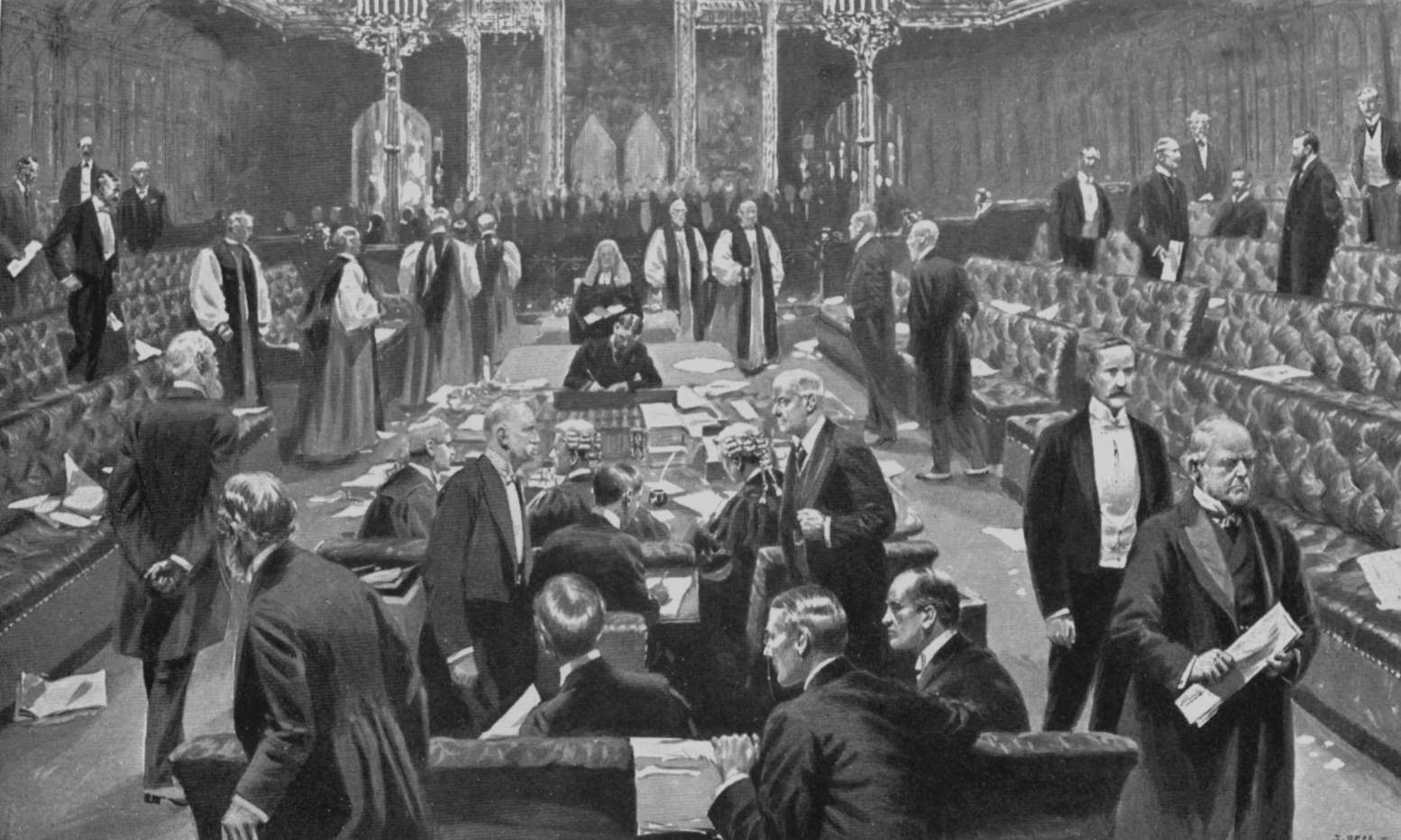Today (20 January) is hailed in the UK as Democracy Day – the 750th anniversary of the establishment of the first parliament of elected representatives in Westminster. Let's not get too dewy-eyed. We classical liberals are democrats, but we are sceptical democrats. Yes, some (minimal) functions require collective action. We think that the public, not elites, should make those decisions - and that representative government is probably the best way to do it. But we are fully aware hat the democratic process is far from perfect. It is not about reconciling different interests (as markets do), but about choosing between conflicting interests – a battle in which only one side can win. Democracy is tainted by the self-interest of electors, of representatives and of officials; it can produce deeply irrational results; and all too often it leads to minority groups being exploited, and their liberties curbed, all in the name of ‘democracy’.
That is why democratic decision-making must be bound by certain rules, and should focus, with precision, only on those issues that cannot be decided in any other way. Many people (and almost all of those who happen to be in power) argue that more and more things should be decided through the democratic process. But that means deciding them through the political process; and politics is not always a benign force. The more things that are decided politically, the easier it becomes for the rights and liberties of individuals to be eroded, and for minority groups to be exploited or suppressed by those who are wield the coercive power of the state.
But rights and freedoms are for everyone: they are not a matter of numbers and majorities. Election success does not license the winning majority to treat other people exactly as it chooses. The power of majorities needs to be restrained.
That restraint really has to come from within the understanding and culture of the people. A constitution might curb the excesses of politicians for a while, but even countries with seemingly strong liberal constitutions are not immune from rapid increases in the size of government and from the erosion of individual rights and liberties by majorities. Constitutional freedoms are hard to protect if the general public loses its understanding of their importance and its will to protect them. Let's hear it for Limited Democracy Day.


